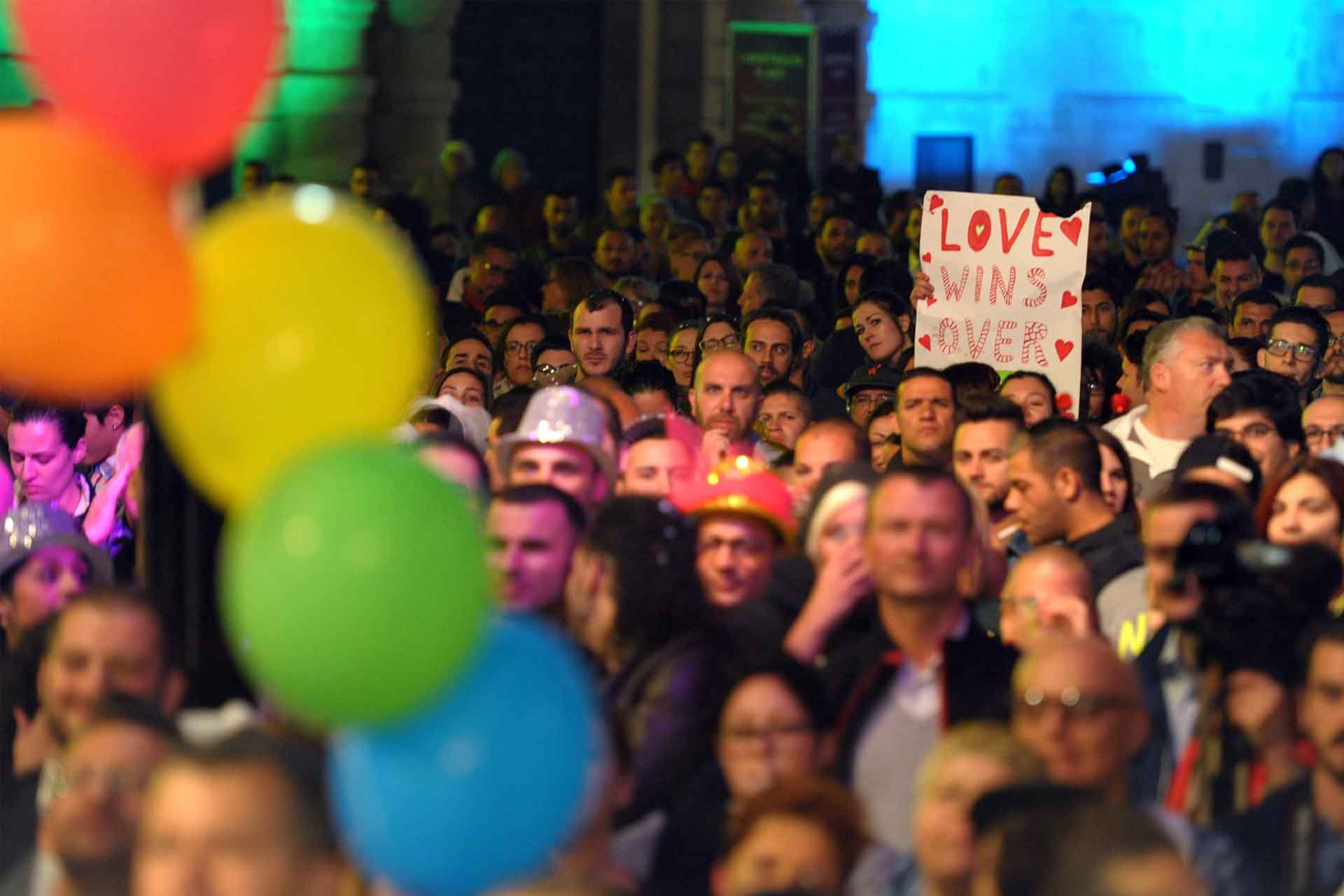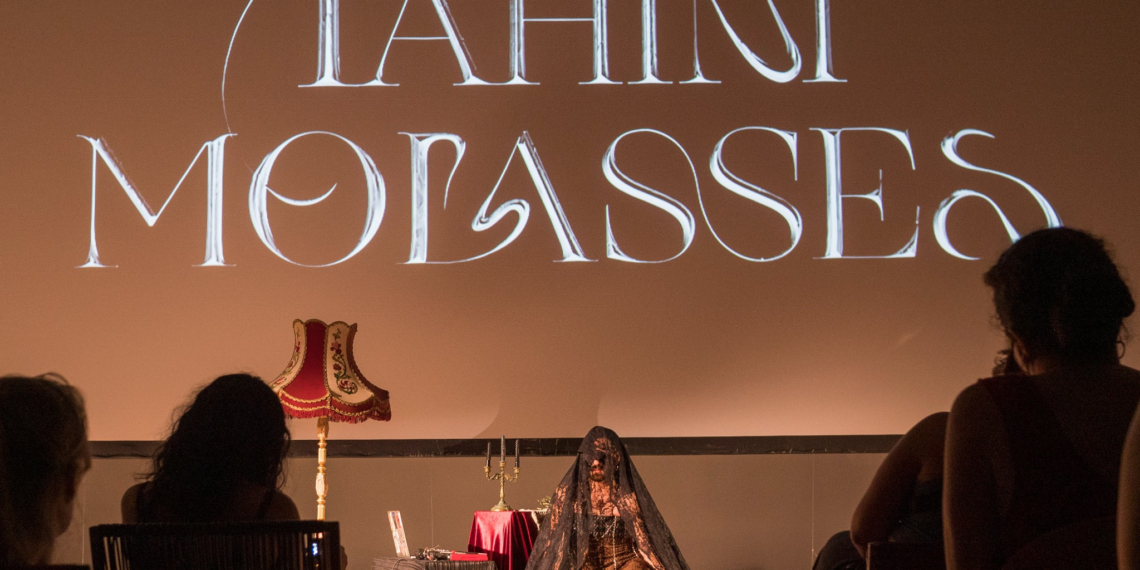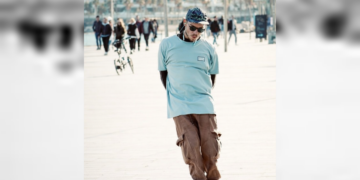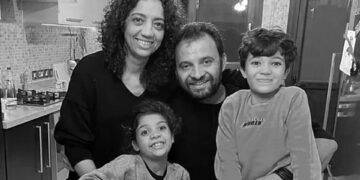Malta 2004 yılında Avrupa Birliği’ne tam üye olmuş, küçük Katolik bir ülke. Özellikle Katolik kilisesinin etkili olduğu, toplumsal, sosyal ve kültürel değerlerin Kilise’nin etkisi altında olduğu, kürtajın yasak olduğu ve gelenekselliği ile on plana çıkan bir ada ülkesi idi.
Ancak Malta, Avrupa Birliği üyeliğini iyi yönde kullanan, Avrupa Birliği’nin yaratmış olduğu kaldıraç görevini iyi bir politik fırsata çeviren, sosyal değişimleri yaratmak için ulusal alanda aktörleri iyi mobilize eden ve bu yüzden de son donemde özellikle LGBTI haklarında gözle görülür bir değişimin yaşandığı, Avrupa Haklar Ajansı tarafından yayınlanan Gökkuşağı Endeksi’nde son yıllarda ilk sırayı alan ülke olarak da göze çarpmaktadır.
Ancak bu gözle görülür değişim gerçekten uygulamada ve yaşam pratiğinde Malta’daki LGBTI topluluğuna arzulanan değişimi getirdi mi?
Malta’nın su anda LGBTI+ hakları konusundaki problemleri ne?
İlerisi için neler düşünüyorlar konularında Malta Gay Hakları Hareketi’nden ve Malta’da LGBTI+ haklarının ilerlemesi için büyük emek vermiş Gabi Calleja ile kısa bir röportaj:
Malta is a country which has spearheaded in the recent years to the top spot of the Rainbow Index and it seem like they will not relent it easily, ODE to the unabashedly hard working activist and allies.
- What are the current situations related with LGBTI issues in Malta? After marriage equality legislaiton and gender identity issue, what is next on the line?
Malta has a strong and comprehensive legal and policy framework which includes the recognition of same-sex couples and their children through civil unions and marriage as well as access to legal gender recognition based on self-determination. Currently Malta is in the process of passing two important bills. The Equality Act which will overhaul Malta’s equality framework and extend anti-discrimination protections beyond the sphere of employment; and the setting up of a Human Rights and Equality Commission based on the Paris Principles and answerable to parliament. Malta also has an LGBTIQ Equality Strategy and Action Plan 2018-2022 with over 50 measures which we are currently engaged in implementing.
- Has the gender identity and marriage equality delivered what it promised?
Yes. Over 125 trans persons have accessed legal gender recognition over the past 5 years. The Gender Identity, Gender Expression and Sex Characteristics Act has also led to the adoption of new policies in the sphere of education and detention. The vast majority of people in Malta now support marriage equality, which demonstrates how legislation can also help to address prejudice and promote acceptance.
- What is the situation as far as the Intersex rights and awareness is concerned?
The intersex community remains largely invisible and if we are honest, few people really have much knowledge about intersex variations. Medical interventions on intersex children without their informed consent is a criminal offence. Raising awareness about Intersex issues is therefore an important part of our work. For the first time the Maltese government also provided funding to OII Europe to support them in their advocacy efforts in the European region.
- Any other comments you would like to add for LGBTI rights in Malta, Europe and world in general
We are glad that the results of the FRA LGBTI survey evidence that the legal and policy measures adopted over the past years are having an impact on the day to day lives of LGBTIQ people. Reports of violence and physical attacks over the past five years has gone down from 20% to 6%. Reports of harassment have gone down from 50% to 30%. Over 76% of the survey respondents stated that violence has dropped. Of course there are still challenges. 47% of LGBTI people still hold back from holding hands in public. Young people, especially still find it difficult to come out to their family. Some still encounter discrimination at school and in the workplace.
On the international level, my biggest concern is the spate of attacks against the trans community and the emergency of anti-gender theory activists who can influence the advancement of LGBTIQ equality in some countries





